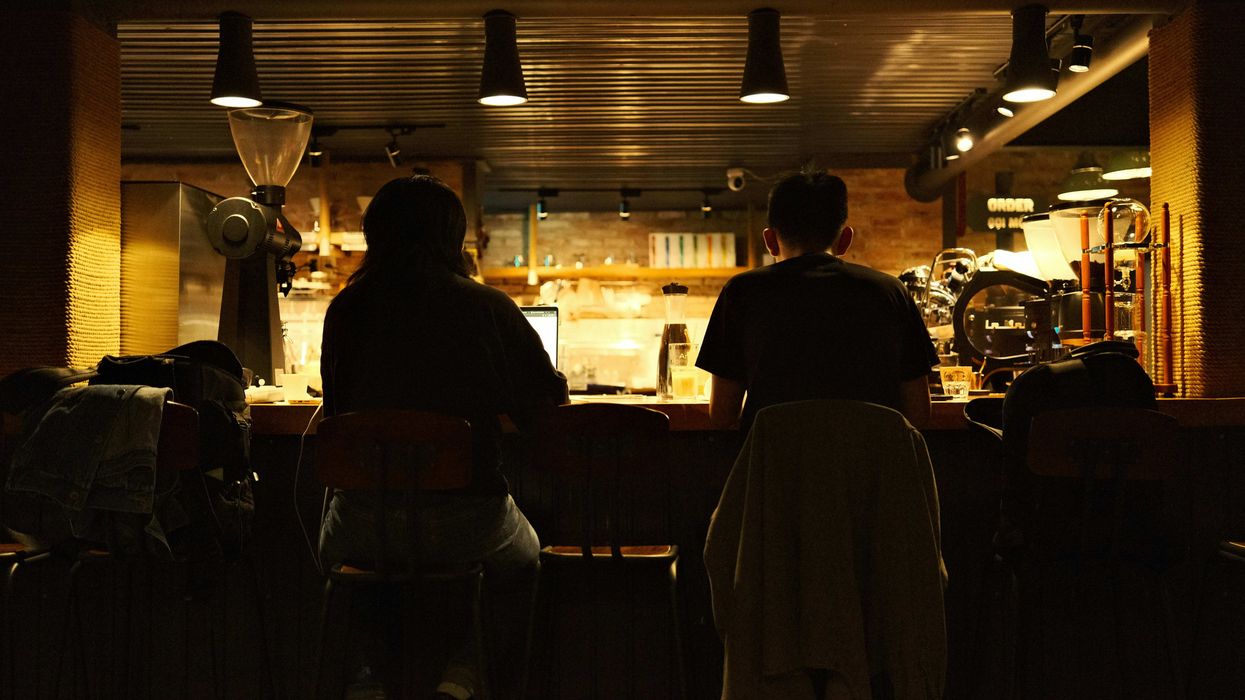Our memories are a lie. Well, not all of us.
According to a new study in Psychological Science, almost 40% of people have a first memory that likely isn't real.
Most people can't recall much of what happened to them before they turned three because of something scientists refer to as "childhood amnesia."
The brain is still developing during a child's infancy, so it isn't very good at recording fully-formed adult memories yet.
However, almost 40% of people think they have memories from when they were two years old—or even one year old!
Researchers from three British colleges (City University of London, the University of Bradford, and Nottingham Trent University) found that "38.6 percent of 6,641 participants claimed to have memories from the age of 2 or younger."
Most notable were the 893 people who believed they had memories from their first year of life. Researchers found many of this small group were middle-aged or above.
To see whether these memories were real or not, the scientists conducted an experiment where they asked participants to recall their earliest direct memory—it could not be a memory inspired by a photograph or family story.
The researchers then analyzed the memories to find commonalities and internal inconsistencies. They found most, although not all, had constructed a false memory.
Keeping in mind what they know the human brain to be capable of, scientists determined many of the participants' memories from when they were two or younger were actually constructions of imagined early life experiences.
According to the study, people realize at some point in their lives that they've experienced many things they cannot clearly recall.
To deal with this cognitive dissonance, humans will fill in the blanks with what they think the memory would look and feel like, sprinkling in real-world knowledge "gleaned from photos or conversations."
Martin Conway, a co-author of the study from the Centre for Memory and Law at City University, released a statement saying:
When we looked through the responses from participants, we found that a lot of these first 'memories' were frequently related to infancy, and a typical example would be a memory based around a pram.
He continued:
For this person, this type of memory could have resulted from someone saying something like 'Mother had a large green pram.' The person then imagines what it would have looked like.
Over time, these fragments then become a memory, and often the person will start to add things in, such as a string of toys along the top.
Once someone has built this false memory, they recall it again and again. At some point, they stop recognizing the "memory" as fictional.
Conway commented:
In fact, when people are told that their memories are false, they often don't believe it.
This is partly due to the fact that the systems that allow us to remember things are very complex, and it's not until we're 5 or 6 that we form adultlike memories due to the way that the brain develops and due to our maturing understanding of the world.
What's your first memory? Think before you answer—it's very possible you've been fooling yourself for years.
H/T - Psychological Science, Newsweek

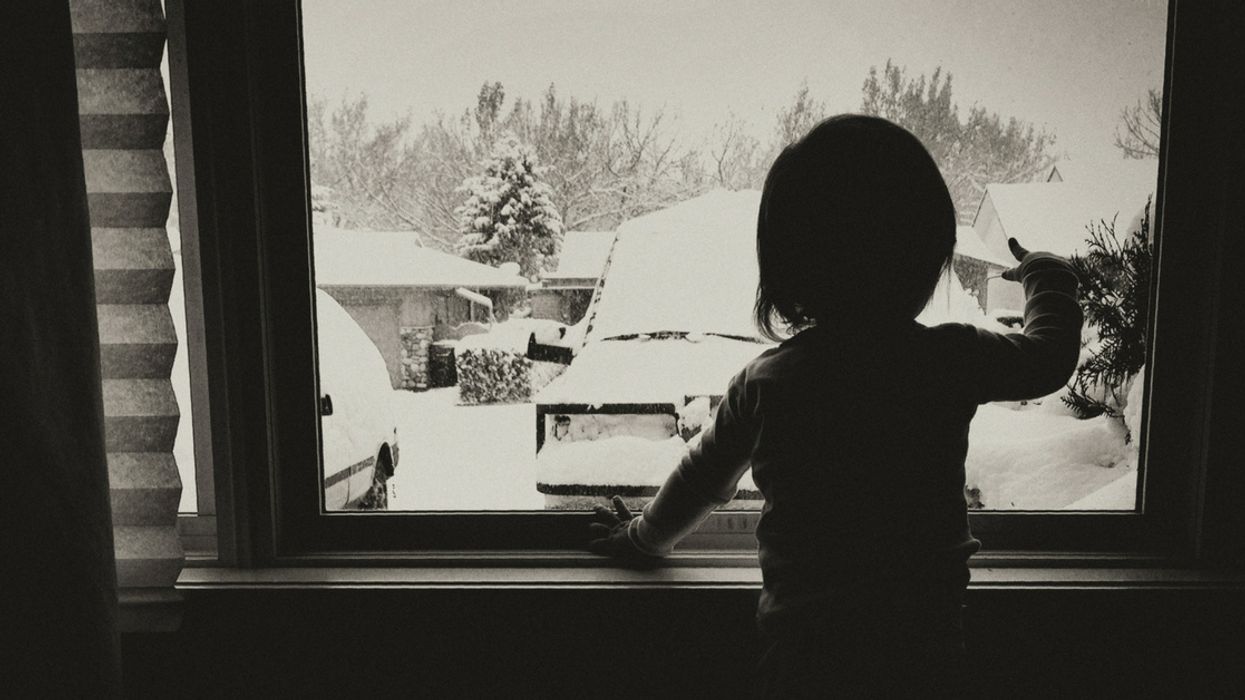

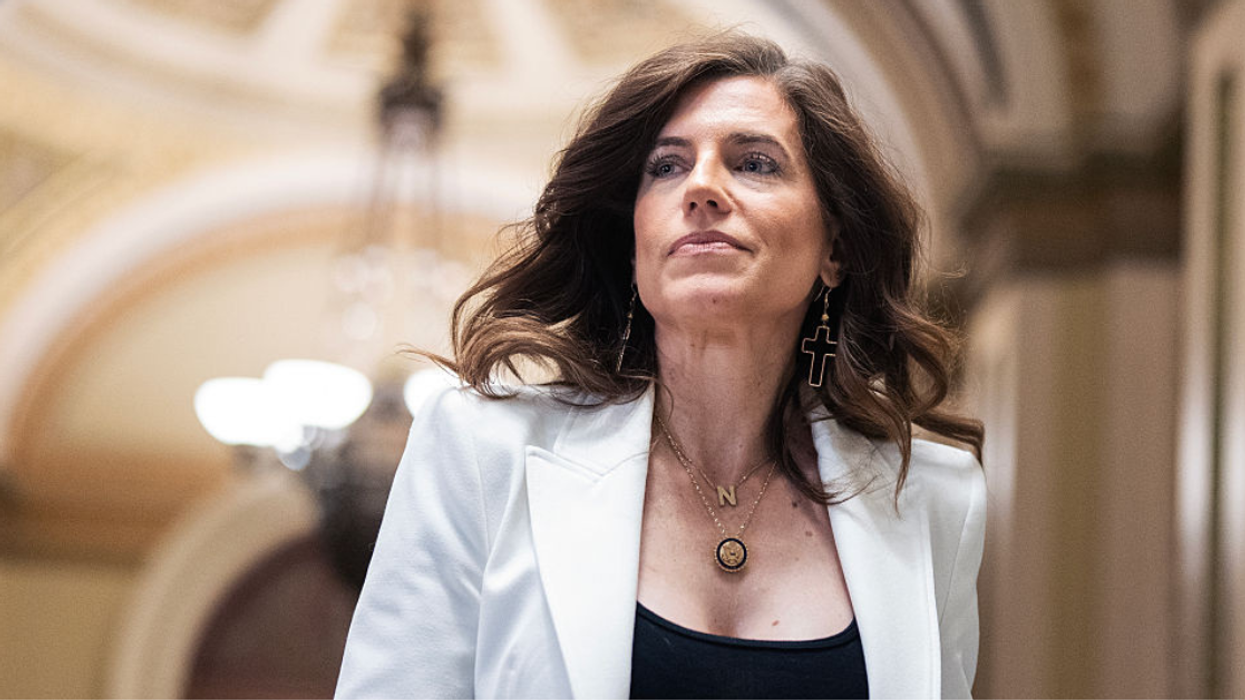
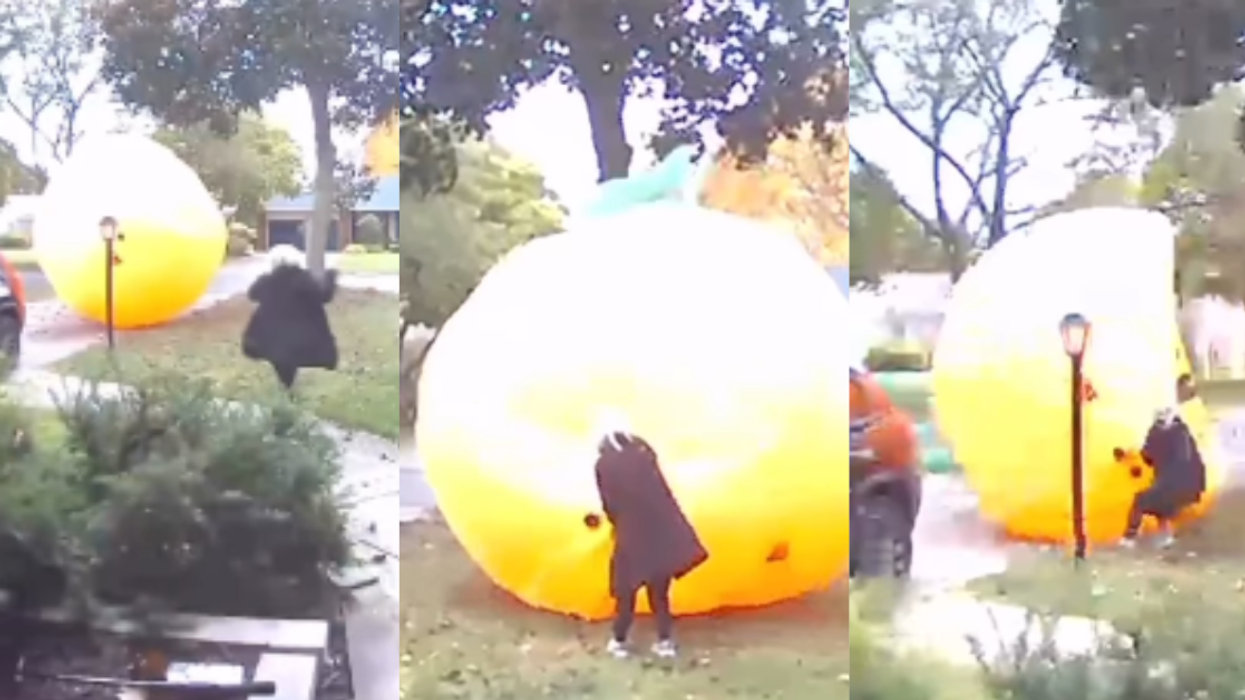


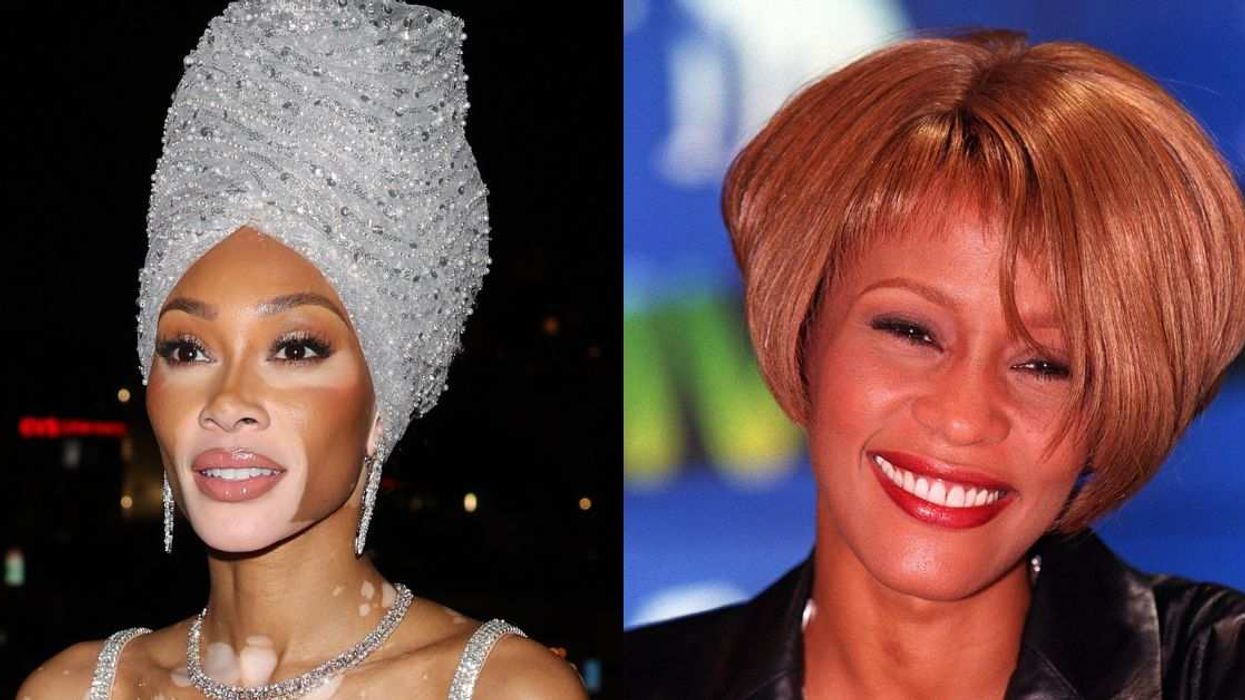

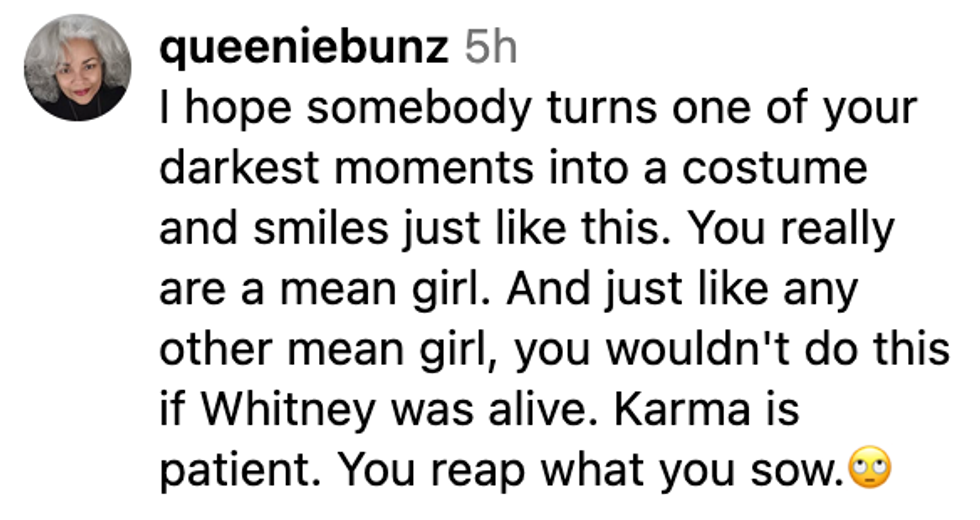

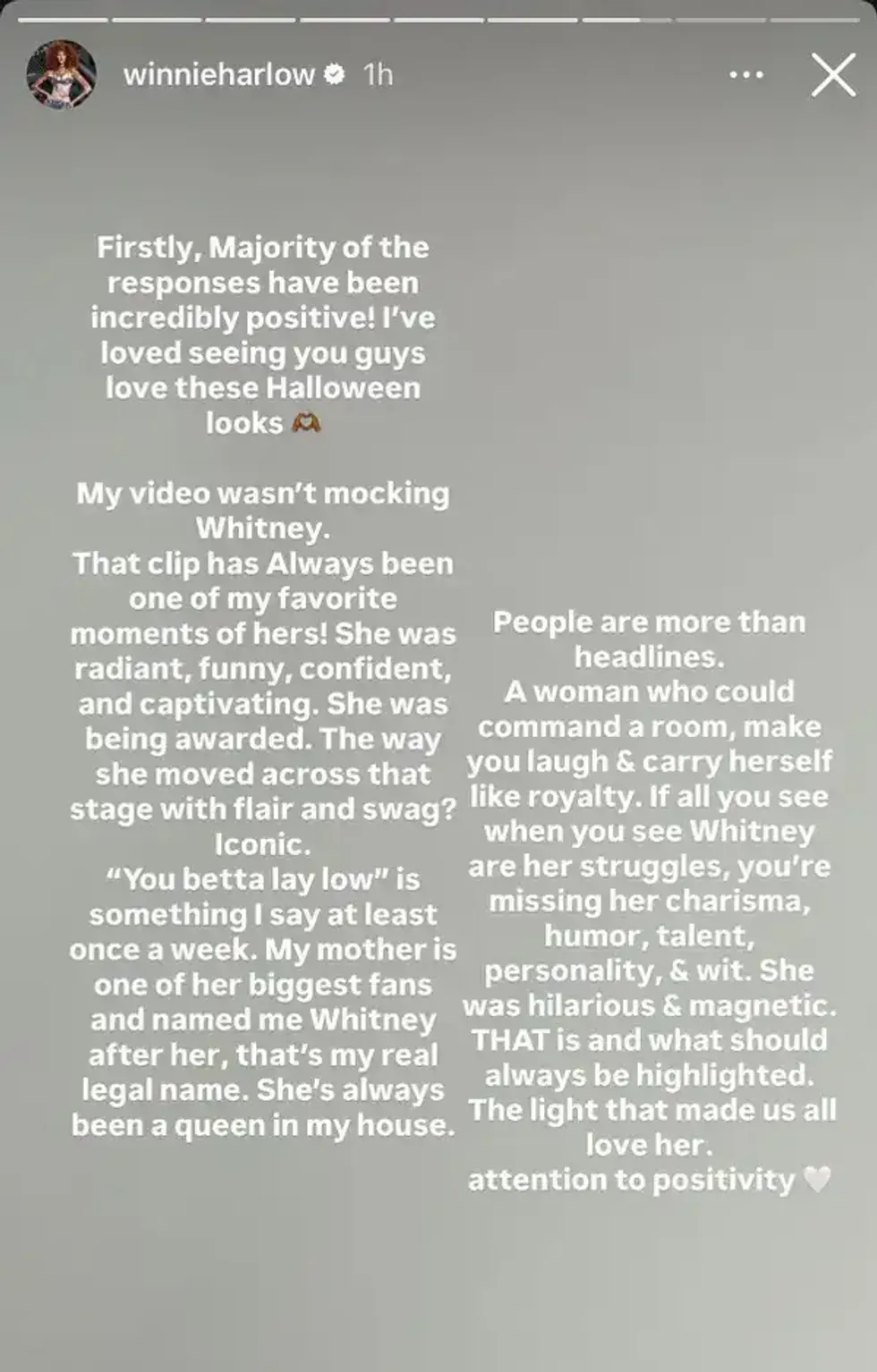 @winnieharlow/Instagram
@winnieharlow/Instagram




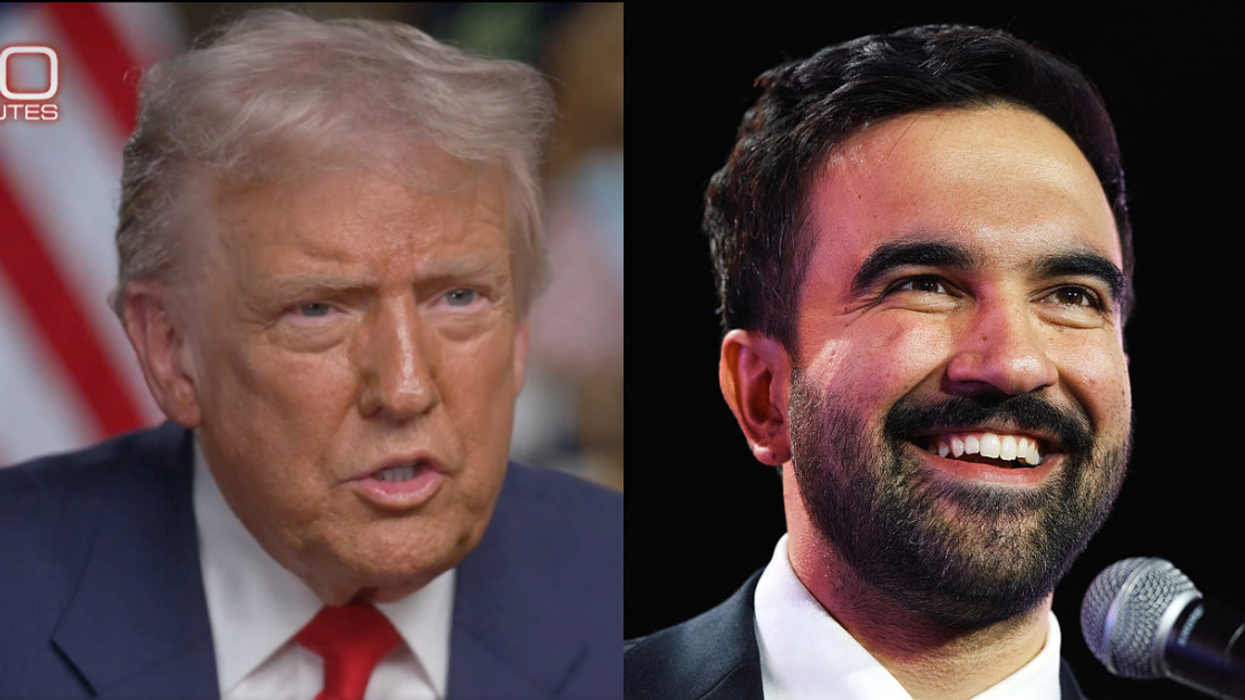

 @realDonaldTrump/Truth Social
@realDonaldTrump/Truth Social